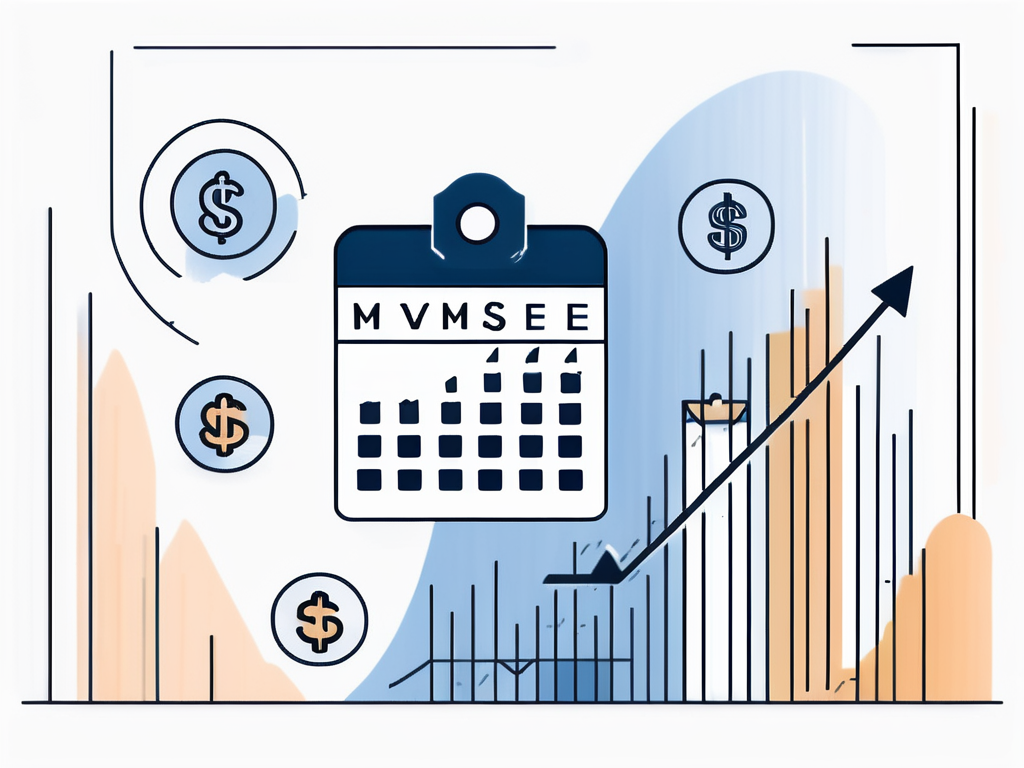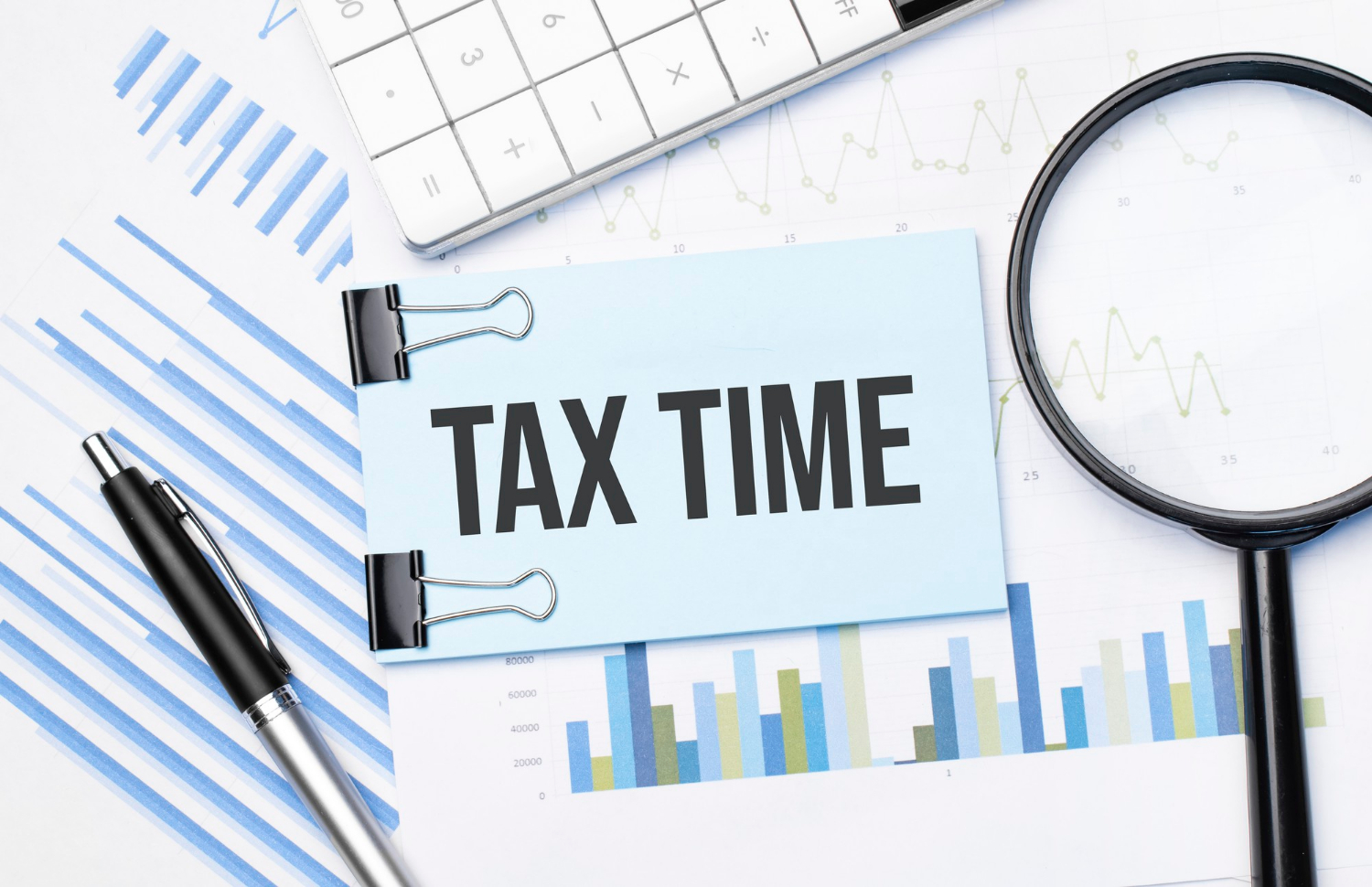Ladies and gentlemen, gather around, for today we’re diving deep into the thrilling, heart-pounding world of… fiscal years! Yes, you heard it right. Fiscal years. The adrenaline is palpable, isn’t it? But fear not, dear reader, for I am here to guide you through this labyrinth of dates, numbers, and tax forms. Buckle up, it’s going to be a wild ride!
Now, you might be thinking, “What on earth is a fiscal year? Is it like a regular year, but with more taxes?” Well, you’re not entirely wrong. But there’s so much more to it! So, let’s get started, shall we?
What is a Fiscal Year?
A fiscal year, my dear friend, is like a calendar year’s nerdy cousin. It’s a 12-month period that businesses and organizations use for accounting and budgeting purposes. But here’s the twist: it doesn’t have to start on January 1st! Shocking, I know. A fiscal year can start on the first day of any month. So, if you want your fiscal year to start on April Fool’s Day, go for it! The IRS won’t mind. They’ve seen weirder things.
But why would anyone want to start their fiscal year on a day other than January 1st, you ask? Well, there are actually several reasons. Some businesses have seasonal sales cycles, so they might choose a fiscal year that aligns with their busiest periods. Others might choose a fiscal year that aligns with the federal government’s fiscal year (which starts on October 1st, by the way). The possibilities are endless!
Types of Fiscal Years
Now, there are two main types of fiscal years: the calendar year and the non-calendar year. The calendar year, as you might have guessed, starts on January 1st and ends on December 31st. It’s straightforward, it’s simple, it’s the Taylor Swift of fiscal years.
The non-calendar year, on the other hand, is a bit more complicated. It can start on the first day of any month, and it ends 12 months later. So, if your fiscal year starts on July 1st, it will end on June 30th of the following year. It’s the Lady Gaga of fiscal years: unconventional, but still totally valid.
Why is the Fiscal Year Important?
The fiscal year is important for a number of reasons. First and foremost, it’s used for tax purposes. The IRS needs to know when your fiscal year starts and ends so they can figure out when to expect your tax returns. And trust me, you don’t want to keep the IRS waiting.

But the fiscal year is also important for budgeting and financial planning. Businesses use the fiscal year to plan their budgets, track their financial performance, and make financial forecasts. So, if you’re a business owner, knowing your fiscal year is crucial for keeping your finances in check.
Choosing a Fiscal Year
Choosing a fiscal year might seem like a daunting task, but it’s actually pretty straightforward. If your business operates on a regular calendar year, then choosing a calendar year fiscal year makes sense. But if your business has a seasonal sales cycle, or if you just want to be different, then a non-calendar year might be a better fit.
Just remember, once you choose a fiscal year, you’re stuck with it. The IRS doesn’t take kindly to businesses changing their fiscal year willy-nilly. So, choose wisely!
How to Determine Your Fiscal Year
Determining your fiscal year is as easy as pie. Or, more accurately, as easy as filling out a tax form. When you file your first income tax return, you’ll need to specify your fiscal year. And voila! You’ve determined your fiscal year.
But what if you want to change your fiscal year, you ask? Well, you’ll need to get permission from the IRS. And let me tell you, getting permission from the IRS is about as fun as a root canal. But it can be done. You’ll just need to fill out Form 1128 and provide a valid reason for the change.
Fiscal Year vs. Tax Year
Now, you might be wondering, “What’s the difference between a fiscal year and a tax year?” Well, for most businesses, there’s no difference. The fiscal year is the tax year. But for some businesses, like partnerships and S corporations, the tax year might be different from the fiscal year. It’s all very confusing, I know. But don’t worry, we’ll get through this together.
The main thing to remember is that the tax year is the 12-month period that the IRS uses to determine your taxable income. So, even if your fiscal year is different from the calendar year, your tax year might still be the calendar year. It all depends on your business structure and the IRS’s rules.
Conclusion
So, there you have it, folks. The thrilling, heart-pounding world of fiscal years. I hope you’ve enjoyed this rollercoaster ride as much as I have. And remember, when it comes to fiscal years, the most important thing is to choose wisely and keep the IRS happy. Because a happy IRS is a happy business owner.
Now, go forth and conquer your fiscal year! And remember, if you ever get confused, just think of Taylor Swift and Lady Gaga. They’ll guide you through.


